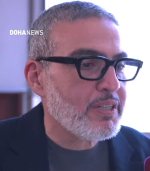UK News
-
 UK government taps top British AI talent to transform public services and strengthen national security
The UK government is bringing some of the country’s leading artificial intelligence experts into Whitehall as part of a major push to modernise public services, improve national security andRead More...
UK government taps top British AI talent to transform public services and strengthen national security
The UK government is bringing some of the country’s leading artificial intelligence experts into Whitehall as part of a major push to modernise public services, improve national security andRead More... -
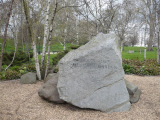 London marks Holocaust Memorial Day as Mayor and Assembly host moving City Hall commemoration
London’s City Hall became a place of reflection and remembrance on 19 January, as Mayor of London Sadiq Khan and the Deputy Chair of the London Assembly, Andrew Boff AM, hosted aRead More...
London marks Holocaust Memorial Day as Mayor and Assembly host moving City Hall commemoration
London’s City Hall became a place of reflection and remembrance on 19 January, as Mayor of London Sadiq Khan and the Deputy Chair of the London Assembly, Andrew Boff AM, hosted aRead More... -
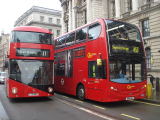 TfL’s five-year road plan wims to cut congestion, speed up buses and future-proof London’s streets
Transport for London (TfL) has unveiled an ambitious five-year strategy designed to tackle congestion, improve safety and modernise how London’s vast road network operates.Read More...
TfL’s five-year road plan wims to cut congestion, speed up buses and future-proof London’s streets
Transport for London (TfL) has unveiled an ambitious five-year strategy designed to tackle congestion, improve safety and modernise how London’s vast road network operates.Read More... -
 UK banks unveil £11bn funding boost to help small businesses expand globally
UK lenders have announced a landmark £11 billion financing package designed to help British small and mid-sized businesses invest, grow and break into international markets.Read More...
UK banks unveil £11bn funding boost to help small businesses expand globally
UK lenders have announced a landmark £11 billion financing package designed to help British small and mid-sized businesses invest, grow and break into international markets.Read More... -
 Major offshore wind farm off North Wales coast set to create jobs and boost economy
A major new offshore wind development in the Irish Sea is set to bring skilled jobs, investment and long-term economic growth to North Wales, according to the Welsh Secretary.Read More...
Major offshore wind farm off North Wales coast set to create jobs and boost economy
A major new offshore wind development in the Irish Sea is set to bring skilled jobs, investment and long-term economic growth to North Wales, according to the Welsh Secretary.Read More...

Culture
-
 Karen Newman appointed to sculpt Queen Elizabeth II for National Memorial in St James’s Park
Renowned British sculptor Karen Newman MRSS has been appointed to create a new sculpture of Queen Elizabeth II as part of the UK’s national memorial to the late Monarch, the QueenRead More...
Karen Newman appointed to sculpt Queen Elizabeth II for National Memorial in St James’s Park
Renowned British sculptor Karen Newman MRSS has been appointed to create a new sculpture of Queen Elizabeth II as part of the UK’s national memorial to the late Monarch, the QueenRead More... -
 UK government unveils £1.5bn culture investment to save 1,000 local venues and restore national pride
The government has announced a landmark £1.5 billion investment in arts, culture and heritage, pledging to safeguard more than 1,000 local venues across England and reverse years ofRead More...
UK government unveils £1.5bn culture investment to save 1,000 local venues and restore national pride
The government has announced a landmark £1.5 billion investment in arts, culture and heritage, pledging to safeguard more than 1,000 local venues across England and reverse years ofRead More... -
 Museum of Oxford reveals 2026 programme focused on community stories, talks and events
The Museum of Oxford has unveiled its 2026 programme, setting out a year of talks, tours and hands-on events that place local people and shared histories firmly centre stage. The newRead More...
Museum of Oxford reveals 2026 programme focused on community stories, talks and events
The Museum of Oxford has unveiled its 2026 programme, setting out a year of talks, tours and hands-on events that place local people and shared histories firmly centre stage. The newRead More... -
 £9m Claude Lorrain masterpiece faces possible export as UK scrambles to keep Baroque treasure
A Baroque landscape masterpiece valued at £9 million has been placed under a temporary export ban, giving UK institutions a final opportunity to keep the work in the country.Read More...
£9m Claude Lorrain masterpiece faces possible export as UK scrambles to keep Baroque treasure
A Baroque landscape masterpiece valued at £9 million has been placed under a temporary export ban, giving UK institutions a final opportunity to keep the work in the country.Read More... -
 Welsh towns invited to compete for first-ever UK Town of Culture title
Could a Welsh town become the very first UK Town of Culture? Communities across Wales are being invited to step into the national spotlight as the UK launches its inaugural Town of CultureRead More...
Welsh towns invited to compete for first-ever UK Town of Culture title
Could a Welsh town become the very first UK Town of Culture? Communities across Wales are being invited to step into the national spotlight as the UK launches its inaugural Town of CultureRead More... -
 In Bloom: How plants shaped Britain and the modern world
Plants surround us every day – in our gardens, our homes and even in our cups of tea – yet few of us stop to consider the extraordinary journeys they have taken to get here.Read More...
In Bloom: How plants shaped Britain and the modern world
Plants surround us every day – in our gardens, our homes and even in our cups of tea – yet few of us stop to consider the extraordinary journeys they have taken to get here.Read More... -
 UK launches first town of culture competition to revive local pride and boost economic growth
The government has officially launched the UK’s first-ever Town of Culture competition, marking a major new push to restore pride in communities and drive cultural-led economic growthRead More...
UK launches first town of culture competition to revive local pride and boost economic growth
The government has officially launched the UK’s first-ever Town of Culture competition, marking a major new push to restore pride in communities and drive cultural-led economic growthRead More... -
 Government announces academy trust inspections to strengthen school accountability
New academy trust inspections to boost transparency for parents and strengthen outcomes for childrenRead More...
Government announces academy trust inspections to strengthen school accountability
New academy trust inspections to boost transparency for parents and strengthen outcomes for childrenRead More... -
 Cumbrian animated flood film scoops international science award
A short animated film featuring a red squirrel from Cumbria has won an international education award, shining a global spotlight on how trees can help tackle floodingRead More...
Cumbrian animated flood film scoops international science award
A short animated film featuring a red squirrel from Cumbria has won an international education award, shining a global spotlight on how trees can help tackle floodingRead More... -
 Inside an immersive Guildhall Art Gallery exhibition inspired by the London Tube
The sensory world of the London Tube is brought vividly to life in a new immersive exhibition at Guildhall Art Gallery, uniting painter Jock McFadyen RA with musicianRead More...
Inside an immersive Guildhall Art Gallery exhibition inspired by the London Tube
The sensory world of the London Tube is brought vividly to life in a new immersive exhibition at Guildhall Art Gallery, uniting painter Jock McFadyen RA with musicianRead More... -
 Researchers uncover ‘lost geometric code’ embedded in Oxford and Britain’s historic buildings
Researchers say they have uncovered a long-forgotten geometric code woven into some of Britain’s most famous historic buildings, including landmarks in Oxford.Read More...
Researchers uncover ‘lost geometric code’ embedded in Oxford and Britain’s historic buildings
Researchers say they have uncovered a long-forgotten geometric code woven into some of Britain’s most famous historic buildings, including landmarks in Oxford.Read More... -
 IWM Duxford to open new Second World War rooms revealing unseen artefacts and daily life of wartime pilots
IWM Duxford is set to open three newly restored Second World War spaces, offering visitors an intimate look at the lives of aircrew stationed at the Cambridgeshire airfield during the conflict.Read More...
IWM Duxford to open new Second World War rooms revealing unseen artefacts and daily life of wartime pilots
IWM Duxford is set to open three newly restored Second World War spaces, offering visitors an intimate look at the lives of aircrew stationed at the Cambridgeshire airfield during the conflict.Read More... -
 War-torn Trafalgar Union Flag faces possible departure from UK
A rare Union Flag that led the British charge at the Battle of Trafalgar has been placed under an export bar, giving UK institutions the chance to keep the historic relic in the country.Read More...
War-torn Trafalgar Union Flag faces possible departure from UK
A rare Union Flag that led the British charge at the Battle of Trafalgar has been placed under an export bar, giving UK institutions the chance to keep the historic relic in the country.Read More...

British Queen celebrates
Most Read
- Teen held after US woman killed in London stabbings
- Heave-ho Harry! Prince prepares to join the walking wounded in ice trek to North Pole
- Football: Farhad Moshiri adamant Everton deal above board
- "Master of English Style". Interview with Designer Lydia Dart
- Letter to the Financial Times from Lord Mayor Alderman Michael Bear
World News

Minister Freeman announces new global research fund to deepen collaboration between the UK and international R&D powers like Japan.

The UK and US will work together to increase energy security and drive down prices, as part of a new energy partnership.

During the UK Trade Envoy's week-long programme in Australia, he will focus on opportunities from Free Trade agreement, green industrial revolution and defence collaboration.
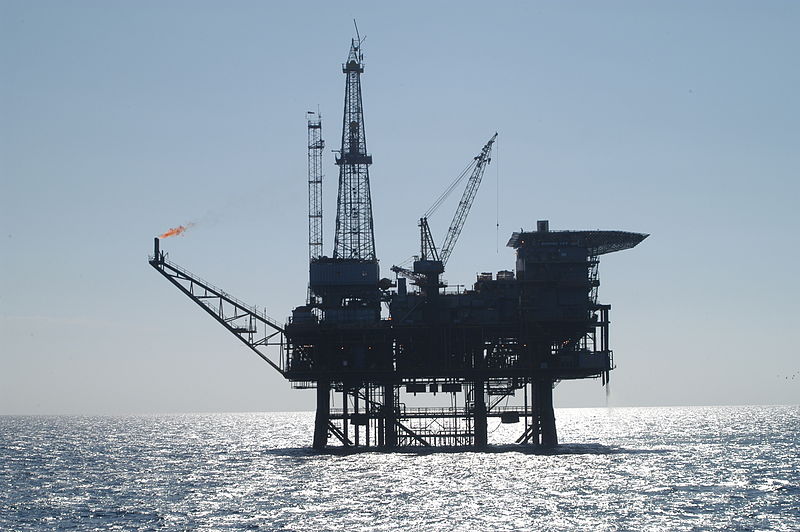
The UK, in partnership with the G7 countries, Australia and the European Union, have today agreed to set the price cap on Russian crude oil traded by firms shipping oil to third countries at
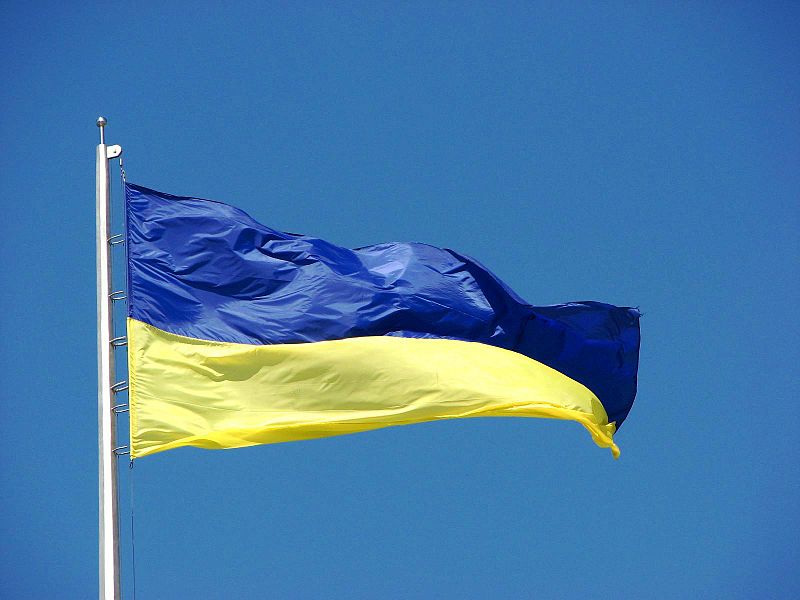
The UK and Ukraine agree a new Digital Trade Agreement (DTA) to provide much-needed support for the Ukrainian economy following Russia’s illegal invasion.

Kyiv Investment Forum took place on November 28 in the capital of Belgium. Kyiv Mayor of Kyiv Vitaliy Klychko, his brother Volodymyr Klychko, Brussels Mayor Philippe Close, European

Minister Anne-Marie Trevelyan will make her first visit in her new role to continue close UK-Australia cooperation and promote regional security and prosperity.

In partnership with SOLshare, a climate tech company, the High Commission has installed a 15.93 kilowatt per hour grid-tied rooftop solar project for its office. In other words, solar power will

The Prime Minister will today attend the opening of the British-Irish Council summit, the first Prime Minister to do so since 2007.

Prime Minister Rishi Sunak will host the NATO Secretary General in Downing Street today (Wednesday) to discuss the future of security and deterrence in the Euro-Atlantic area.



















